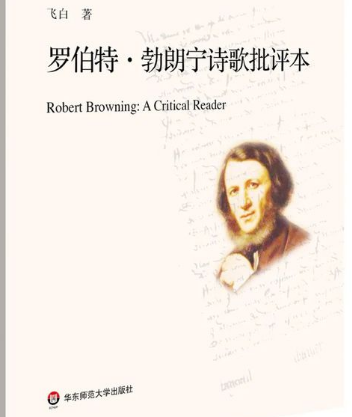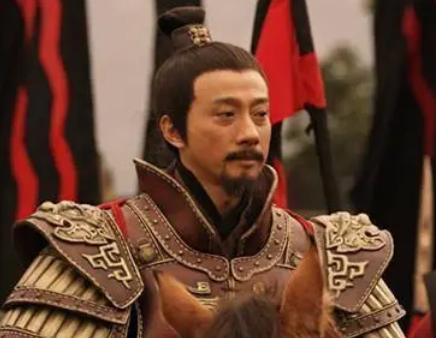In the history of China, there are many outstanding figures whose achievements and fame have been handed down through the ages. Among them, Jia Kui, a literary figure in the late Eastern Han Dynasty, is a respected historical figure. He was both a literary official and a military general, and made outstanding contributions to the Eastern Han Dynasty. This article will reveal the style of this literary giant from his life, achievements, and influence.

Jia Kui (around 147-229 AD), styled Gongming, was a famous literary figure and politician in the late Eastern Han Dynasty. He was born into a prestigious family. His grandfather, Jia Yi, was a renowned literary figure and politician of the Western Han Dynasty, while his father, Jia Chong, was a renowned general in the late Eastern Han Dynasty. Jia Kui was exceptionally intelligent since childhood, widely read, and especially proficient in the creation of poems and prose. His literary achievements made him stand out in the Eastern Han Dynasty court, and he served as Shangshulang and Shizhong.
However, Jia Kui's most celebrated feat was his heroic performance during the Yellow Turban Rebellion. At that time, Jia Kui was appointed as the governor of Yingchuan and led his troops to successfully put down the local rebellion, making outstanding contributions to the stability of the Eastern Han Dynasty.
In terms of military affairs, Jia Kui was an outstanding general. He served as the governor of Runan and the governor of Henan, making contributions to the stability and prosperity of the country. In his lifetime, he experienced many twists and turns and challenges. Among them, the most noteworthy was his feud with Sima Zhao. According to the "Records of the Three Kingdoms," Jia Chong was appointed as the governor of Runan in the early years of the Cao Wei Dynasty. However, due to Jia Chong's serious political conflict with Sima Zhao, he repeatedly submitted petitions to impeach Sima Zhao's crimes during his term of office. This caused Sima Zhao to develop a strong enmity towards Jia Chong. Later, Jia Chong resigned due to illness and returned home, but was assassinated by Sima Zhao's agents on the way home. However, this claim has not been supported by conclusive historical evidence.
Despite the many hardships and tragedies in Jia Kui's life, his achievements in literature and politics still made him an outstanding figure in the late Eastern Han Dynasty. His literary works have been handed down through the ages, influencing later literary figures. His political career also contributed to the stability and prosperity of the country. Through the study of Jia Kui, we can better understand the political struggles and literary style of the late Eastern Han Dynasty, and draw wisdom and strength from his life.
Disclaimer: The above content is sourced from the internet and the copyright belongs to the original author. If there is any infringement of your original copyright, please inform us and we will delete the relevant content as soon as possible.
































